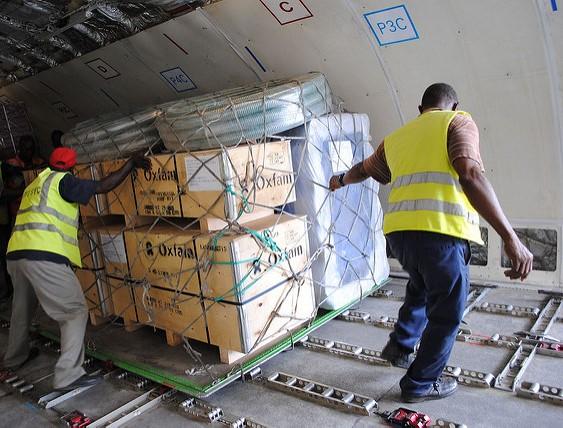The Democratic Republic of Congo (DRC) health ministry yesterday reported four more suspected Ebola cases, three from the two remote hot spots and one from Wangata health zone, an area that includes part of the provincial capital city of Mbandaka.
The new developments push the overall outbreak total to 59 cases, which include 38 confirmed illnesses, 14 probable, and 7 suspected. No new deaths were reported, keeping the fatality count at 28.
One remaining active transmission area
Two of the new suspected cases are from Iboko health zone, which includes the Itipo health area, the remaining area of active transmission, according to a situation report yesterday from the World Health Organization (WHO).
Two days ago the WHO's director-general and the DRC's health minister visited Itipo to assess the situation and support response operations. They also met with patients who recovered from Ebola and visited Itipo's new Ebola treatment center.
In its latest update, the WHO said there is cautious optimism in Bikoro and Wangata health zones, which haven't reported a confirmed Ebola case since May 16. The last confirmed case from Iboko was reported on Jun 2. All but four of the confirmed and probable cases are from the two remote health zones, Bikoro and Iboko, and focus of the outbreak response has shifted to those areas.
Vaccination efforts continue in all of the outbreak locations, according to the latest health ministry report. So far, 2,507 people have been immunized with Merck's experimental vaccine, VSV-EBOV, including 753 in Mbandaka, 561 in Bikoro, 1,163 in Iboko, and 30 in Ingende.
The WHO said though the situation in Bikoro and Wangata (Mbandaka) health zones will be closely monitored, the response is starting a shift to a second phase marked by enhanced surveillance, including rapid investigation of suspected cases, alerts, and thorough contact tracing in remote areas. "This will imply redeployment of field responders and response logistics," the WHO said.
Food distribution begins
Meanwhile, the humanitarian group Oxfam said yesterday that it has started distributing food to about 4,525 people affected by the outbreak in the DRC's Equateur Province. The efforts began in Mbandaka and will extend to the rural communities.
The Ebola outbreak has reduced trade between remote locations, including Bikoro and Iboko—the two areas hit hardest by Ebola—and Mbandaka. Jose Barahona, Oxfam's director in the DRC, said, "Getting food to families who have been in contact with sick people is vital to allow them to eat while protecting others from the disease." He added that providing food keeps people out of the markets where they could infect other people.
Oxfam has also been working on educating communities at risk and is installing chlorinated water points, helping with household disinfection, and providing hygiene kits to communities.
See also:
Jun 12 DRC health ministry update
Jun 12 WHO situation report
Jun 12 Oxfam press release


















